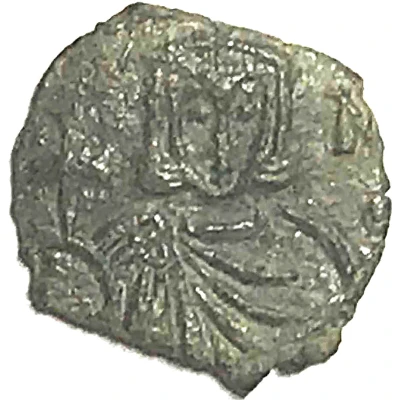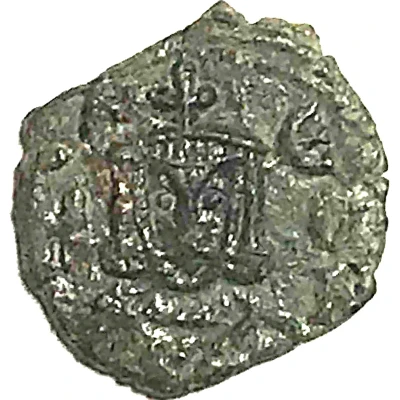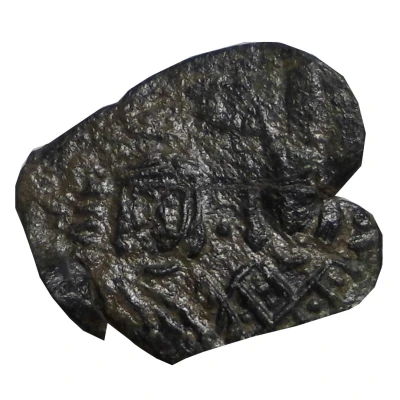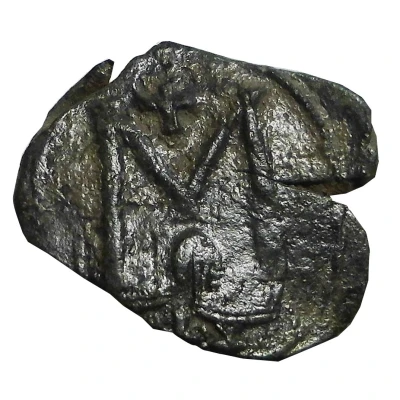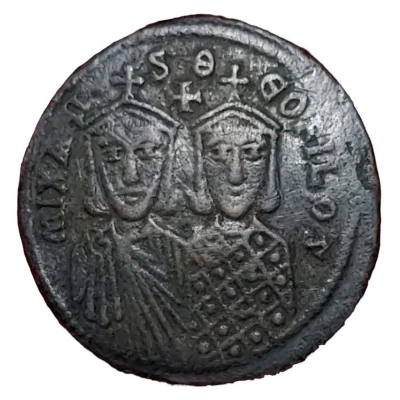
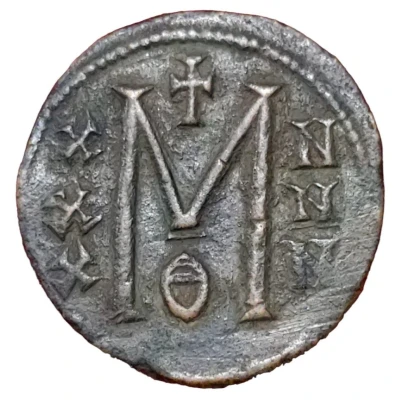

© PA-Engineer (CC0)
Follis - Michael II and Theophilos Constantinople ND
| Copper | 5 g | 26 mm |
| Issuer | Byzantine Empire (Byzantine states) |
|---|---|
| Emperor | Michael II the Amorian (822-829) Theophilos (829-842) |
| Type | Standard circulation coin |
| Years | 820-829 |
| Value | Follis (1⁄288) |
| Currency | Second Solidus Nomisma (720-1092) |
| Composition | Copper |
| Weight | 5 g |
| Diameter | 26 mm |
| Shape | Round (irregular) |
| Technique | Hammered |
| Orientation | Variable alignment ↺ |
| Demonetized | Yes |
| Updated | 2024-10-04 |
| Numista | N#385517 |
|---|---|
| Rarity index | 94% |
Reverse
Denomination with cross above, NNN to the right, Θ below, XXX to left.
Script: Latin
Lettering:
X + N
X M N
X Θ N
Translation: M = Denomination, 40 nummi
Interesting fact
One interesting fact about the Follis coin is that it was used as a means of propaganda by the Byzantine Empire. The coin features an image of Michael II and Theophilos, who were co-emperors at the time, and the inscription "Theophilos, crowned by God" in Greek. This was a deliberate attempt to promote the idea of a divine right of kings and to reinforce the legitimacy of their rule. The use of coins as a tool for political messaging was a common practice in ancient civilizations, and the Follis coin is a notable example of this practice in the Byzantine Empire.
